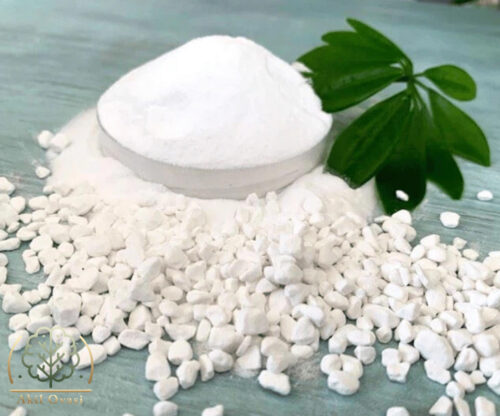What is Potassium Sulphate?
Potassium sulphate is an important nutrient for plants. Potassium sulphate fertilizer also contains 18% sulfur in sulphate form. Sulfur is an important nutrient, just like nitrogen, phosphorus and potassium, and is found in the structure of proteins in plants. Potassium sulphate has many benefits for plants.
Potassium deficiency is mostly seen in irrigated agriculture and rainy regions. Potassium sulphate fertilizer should be given to sandy soils that are poor in organic matter. It is mostly used in potatoes, tobacco, vegetables, fruits, citrus fruits, legumes, corn, cotton, sugar beet and greenhouses. If it is not given in sufficient amount, yellow or reddish-brown spots can be seen on the parts of the green leaves of the plants.
Potassium balances the acid-sugar ratio in the fruit, affects the coloring, increases the taste and odor, and minimizes the fruit drop problem. It provides increased endurance against frost and cold.

What are the Benefits of Potassium Sulphate?
- It helps the plant withstand drought, cold, heat, and resist diseases and pests. It enables plants to use water economically.
- This substance is used in potatoes, tobacco, vegetables and fruits and improves their quality.
- It is beneficial to use potassium sulphate in oily plants such as olive, sunflower, canola, peanut and soybean.
- In addition, it increases the quality of straw in cereals and prevents crop laying, which causes yield losses.
- Potassium sulphate can be used in all kinds of agricultural production.


